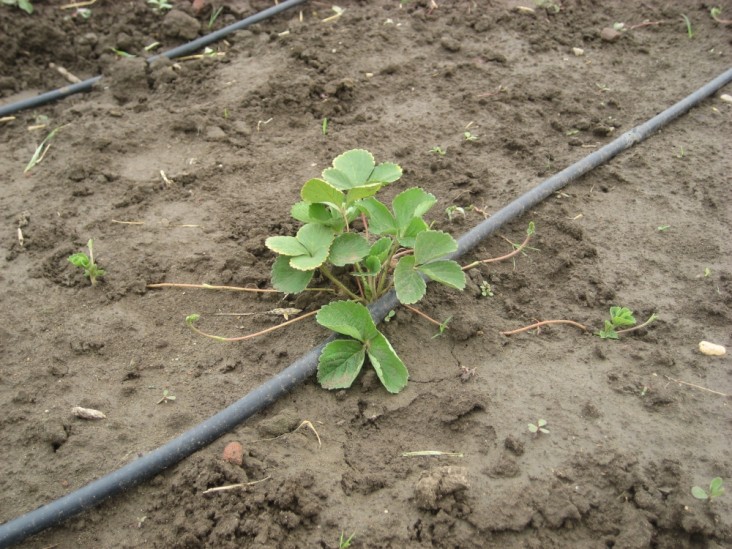
Irrigation Precision in the Desert: In water-scarce Jordan, Israeli and Jordanian scientists developed ultra-high frequency, low-volume irrigation techniques to deliver nutrients and water to crops in a precise manner. These techniques vastly improved water conservation by applying water and nutrients in a way that plants would absorb them most efficiently with little lost to evaporation. They established minimum requirements for several key crops and trained more than 75 researchers and farmers in these techniques.
Maximizing Water Resources: Olives are a major crop in the Middle East with a high value and long regional history. A MERC project developed protocols for safe and effective use of reclaimed wastewater for olive irrigation in Israel, Jordan and the West Bank. Using these techniques also retained high oil yields and market-quality flavor in the olives and reduced the need for fertilizer. Reducing the amount of scarce fresh water consumed by olives and other forms of agriculture is one the biggest challenges facing the region. Related MERC projects are developing strategies to reduce the amount of water used in other types of agriculture.
Methods for Water Reuse: Construction was completed on an experimental wastewater treatment facility in Israel that uses a MERC technology to cost-effectively produce water for unrestricted use. It was designed and built using the expertise of Palestinian, Jordanian and Israeli researchers with technology developed in a previous MERC project. Construction of a sister plant was recently finished in Jordan. Outside donor funding also contributed to this project.
Drinking Water Safety: MERC researchers published detailed maps of widespread high levels of naturally occurring radioactivity in a major regional aquifer slated to be developed for urban use. The investigators suggested ways to avoid this radioactivity and ways to remove the hazard from the water. They notified government authorities and presented strategies to prevent spread of the radioactivity.
Wetland Water Purification: An artificial-wetland wastewater treatment technology developed by a Palestinian-Israeli-Egyptian MERC partnership was successfully deployed in a West Bank village. Soon after, neighboring communities began adopting the technology and constructing similar treatment facilities using local resources and funds from other donors. A resource center was built in the West Bank with laboratories for graduate research and for training technicians to monitor treatment plant operations. When fully operational, the center is expected to include facilities for educational tours and school workshops, similar to the activities taking place at the project’s original pilot site in an Arab town in north Israel.







Comment
Make a general inquiry or suggest an improvement.